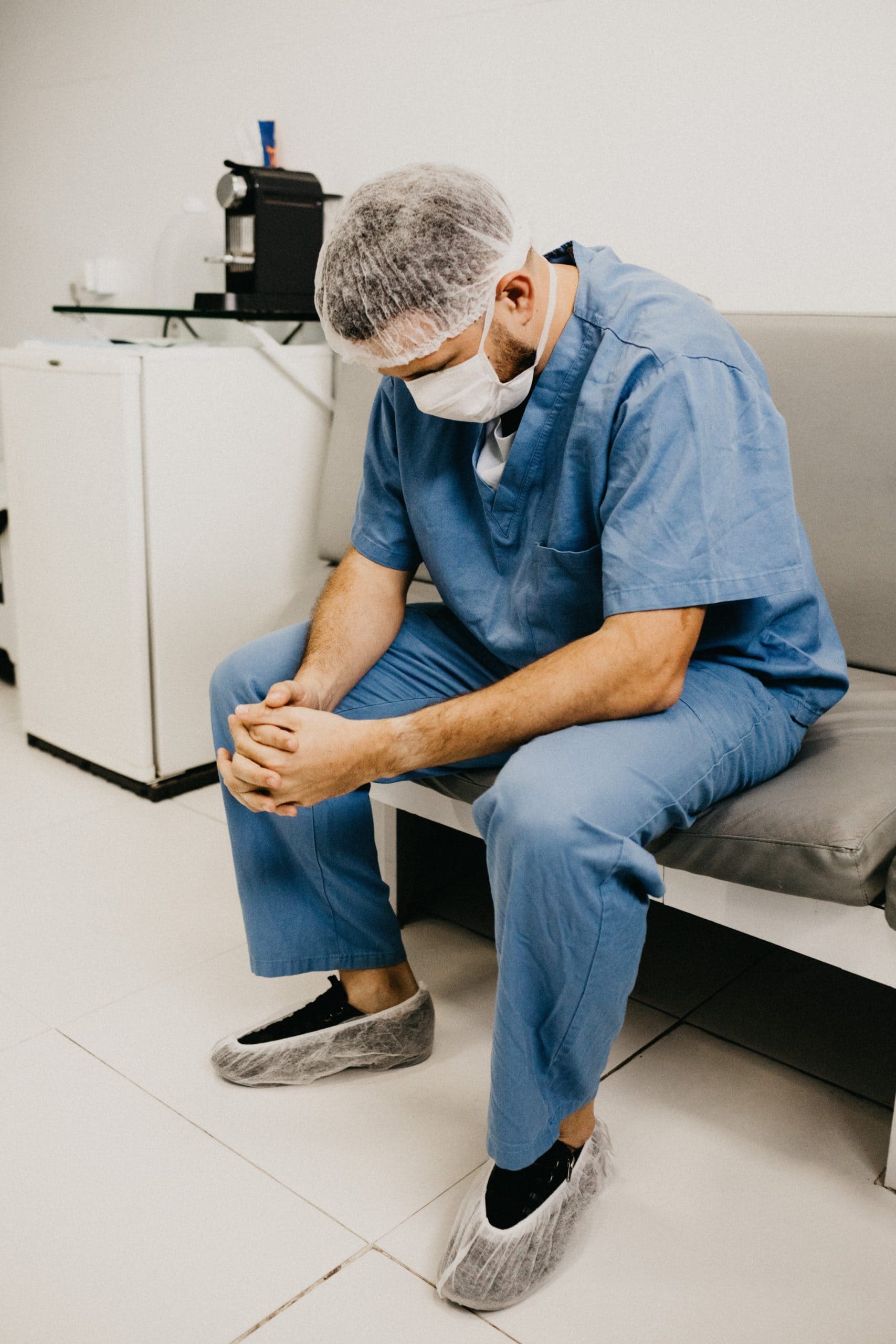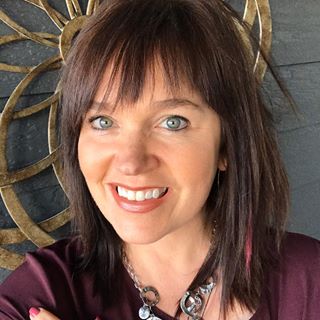
Chaplains at medical centers and care facilities say that while safety concerns limit their interactions with patients, they are spending increased hours ministering to staff who are overwhelmed and worried.
Increasingly, facilities are banning visitors, including chaplains, from patient rooms except in some cases when the patient is nearing end of life. Due to the critical shortage of personal protective equipment such as N95 masks, regular face masks, and medical gowns, access to those items is being limited to medical staff.
Families with loved ones who are ill or confined to care facilities are experiencing another layer of grief and stress caused by the separation. Some facilities are working to accommodate phone calls to replace in-person visits.
“Residents’ biggest concern centers on visitation restrictions, especially for residents who are not allowed to visit their spouse in the health care center or assisted living,” said Paul Anderson, chaplain at Covenant Living of Golden Valley, Minnesota.

Chaplains are working to coordinate their efforts with ministers or other chaplains. “Since local pastors are included in the no-visitor policy to our communities, some of our chaplains are reaching out to them, offering to visit residents on their behalf,” said John Satterberg, CLC manager of chaplain services. Similarly, he added, when CLC chaplains are discouraged from making hospital visits, they are reaching out to ask hospital chaplains to visit residents who are hospitalized.
In medical facilities, chaplains talk to patients from the doorway. “Someone called me the hall monitor today,” quipped Laurel Buwalda, a chaplain at a cancer care center. “Patients seem very appreciative and understanding of the extra precautions,” she said.
The focus of their work is changing, however. Kelly Prudek, a former Covenant missionary to Czech Republic who now serves as chaplain at a community hospital, said, “Our first responsibility is now to address the needs of staff who are having to deal with so many stressors.”
That is a huge need, said Karla Fogel, who was a professor of nursing for 34 years at North Park University and now serves as a nursing supervisor at a large Chicago-area hospital.
Fogel said she is proud when she hears people saying, “This is why I went into nursing.” She says, “The medical people keep stepping up. They’re the ones who are running to the front lines.”
At the same time, medical personnel are facing difficult moral dilemmas, Fogel said. Many are wondering, “Do I stay and help patients who need me?” Or is it unwise to continue in their work, given the risks to their own health and their family? “Their families may include children or people who have illnesses or are older adults. Those people are in high-risk categories,” Fogel adds.
Staff at all levels of organizations are dealing with fear, anger, and exhaustion, chaplains say. “They just break down in tears,” said one.

“We are definitely feeling the emotional effects related to the shortage of surgical masks and staff being tested to rule out that they have the virus,” said Prudek. “It currently takes up to five to seven days to get the results for the test, so the people are anxious as they wait, and we treat them as though they have the virus.”
In the midst of everything, chaplains are seeking to be a non-anxious presence. “I am digging deep into the skills I learned in CPE (clinical pastoral education) about listening and caring for others without trying to solve or carry the fear and anxiety as my own,” Buwalda said.
She added, “I openly admit that I bumped up against my own vulnerability this week and reached my capacity for holding and hearing the fear and anxiety of those around me. But God has called me to this incredible ministry, so with his strength, I’ll go.”
Sharon McQueary, an Army Reserve chaplain, encourages colleagues, saying, “You have to know when to step away because you’re more harm than help. You have to sleep. You have to guard your heart from the panic of everyone else.”
Chaplains say self-care and the opportunity to speak with colleagues has been important. They are turning to one another on a Facebook group for Covenant chaplains. They also are connecting with colleagues. “We debrief daily, cry together, and encourage one another to continue the work that God places in front of us,” Buwalda said.













